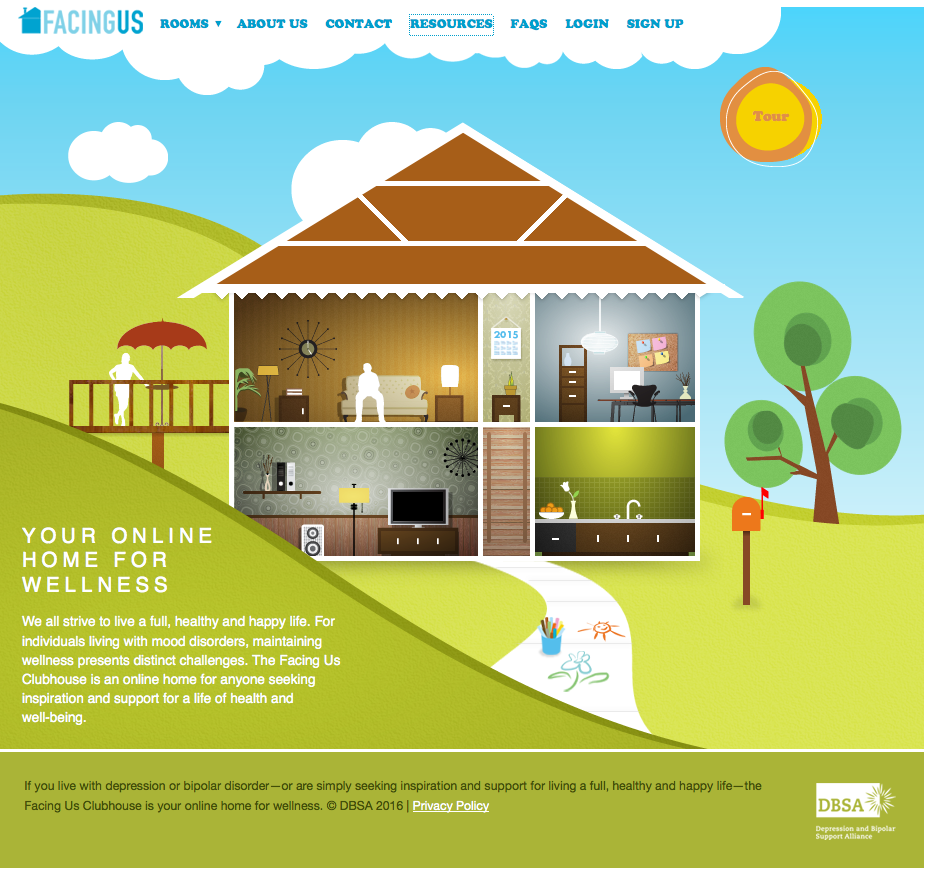
Editors’ Note: With Congress in recess for the 4th of July holiday, we get a brief reprieve from the Senate’s consideration of the “Better Care Reconciliation Act.” From where we sit, this legislation severely undermines gains that we have made in access to and quality of mental health care.
In the spirit of citizen engagement, we offer an encore post from former Member of Congress Tony Coelho on the need for patients – and we would add families, too – to be involved in policy-making. We hope it will inspire you to share your concerns about the proposed changes to the healthcare system and to tell your elected officials how this bill would impact you and your family’s health and wellbeing.
Have a safe and happy Independence Day!
Read More














Connect With Us